.jpg)
Prosperity thanks to honey bees
While busily bottling honey to deliver to customers, Mr. Dang Thanh Tung (Director of Tung Hang Honey Cooperative) excitedly told us: “Customers who have used mangrove honey will find it hard to complain. A supermarket in Hanoi just ordered 500 bottles of honey from me to sell, but it still doesn’t have enough to supply.” Explaining the special and always “sold out” nature of mangrove honey, Mr. Tung began to tell us about the journey of crystallizing the honey of the bee colony and the life-changing process thanks to beekeeping of many poor people in coastal areas.
In 1997, Dai Hop commune was one of the localities funded by Japan to implement the project "Planting mangrove forests to reduce disaster risks" with a total area of over 650 hectares. After 3 years, the mangrove forest with trees such as parrot, mangrove, mangrove, sycamore, and trang... began to bloom well. Some beekeepers in other provinces and cities immediately moved their bee colonies here to collect honey. Realizing the economic potential of bees and the natural strengths of the locality, a few households invested and converted from fishing and aquaculture to beekeeping in the mangrove forest.
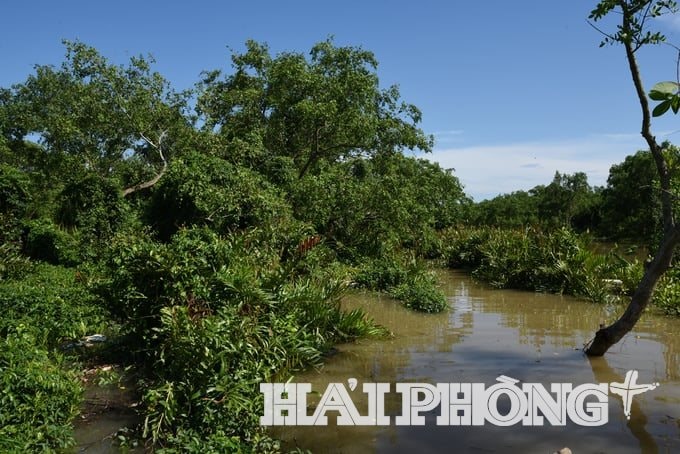
The bee breed chosen by the people to raise is a domestic bee breed originating from native Asian bees. Although small in size, the honey quality is delicious, has healthy characteristics, is resistant to diseases, adapts well to the weather and environment here, and does not have to move according to the flower area. During the raising process, people do not spend much effort on care but completely let the bees grow and develop naturally. With favorable natural conditions and abundant flower sources, the bees can freely reproduce. It is this bee species that produces the thick honey that makes the name of mangrove flower honey.
According to Mr. Tung, unlike other beekeeping areas such as longan, lychee or apple flowers, which only bloom for 1-2 months, and when the season ends, beekeepers have to move their bees to other areas, the mangrove forest here blooms for up to 9 months a year. Therefore, the natural food source for bees is always abundant. Only in the middle of the year, in August and September, when the amount of flowers in the mangrove forest decreases, people have to move their bee colonies to the neighboring area of Bang La ward, Do Son district (now Nam Do Son), where hundreds of hectares of apple trees are in bloom for bees to collect nectar.
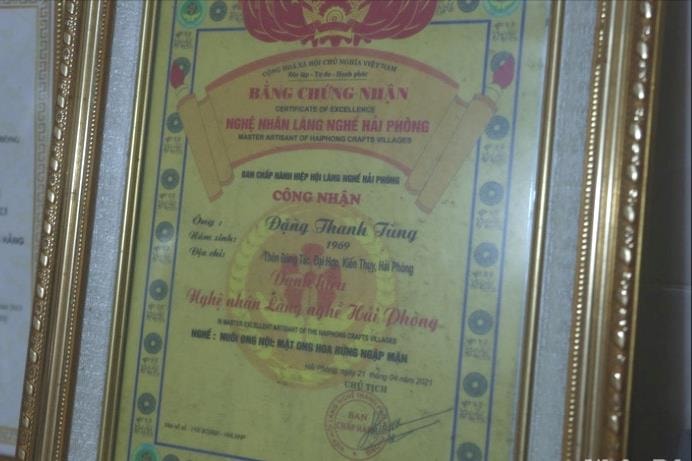
Currently, Tung Hang Honey Cooperative has more than 1,000 bee colonies, with an average annual output of 8-9 thousand liters sold at 300,000 VND/liter, earning a profit of 700 million VND/year. The consumption market for mangrove honey is mainly in the northern and central provinces and cities such as Hai Phong, Hanoi, Quang Ninh, Thanh Hoa, Nghe An, etc. Many households have become prosperous thanks to beekeeping.
According to Mr. Tung: “Unlike other types of honey, mangrove flower honey is considered to be “clean” because mangrove forests are a natural environment, without residual pesticides and chemical fertilizers, so it is safe. The quality of the honey is delicious, thick, rich in minerals and has a mild sweetness, not too sweet. This is also the reason why the cooperative’s mangrove flower honey is always in a state of “out of stock”, as much as is produced is consumed.”
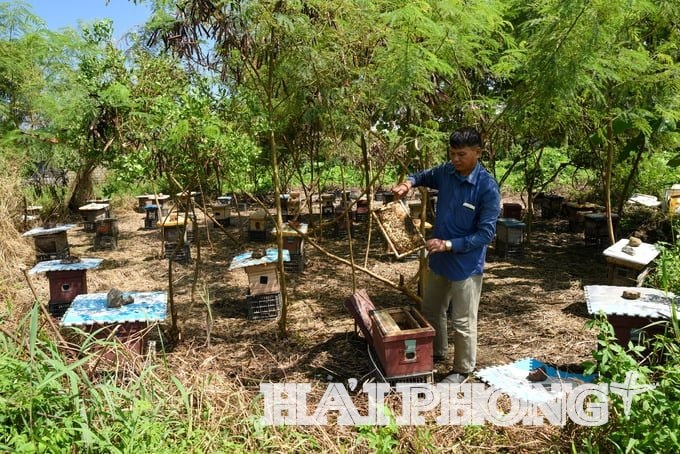
Thanks to its natural advantages, mangrove honey is considered a rare specialty. With its outstanding quality and high appreciation from users, in 2023, the mangrove flower honey product of Tung Hang Honey Cooperative was certified to achieve 4-star OCOP.
Promote product quality and brand development
Regularly using natural products to take care of her family's health, Ms. Hoang Ngoc Khanh (Ngo Quyen ward) shared: "Honey has many uses such as anti-oxidation, anti-diabetes... and also contains nutrients that are beneficial for health. Since learning about mangrove honey, my family has completely switched to using this type of honey because the quality of the honey is delicious and guaranteed to be clean, so I feel very secure."
To develop the honey brand as it is today, it is impossible not to mention the establishment of the cooperative which has created a major turning point for the beekeeping profession in the Dai Hop coastal area. Mr. Tung recalls that in order to expand the scale of production, in 2010, a number of households joined hands to establish a Beekeeping Cooperative Group, gathering people with the need and purpose of developing the economy from this profession. However, it was not effective because it was difficult to consume, not many people knew about it even though the quality was not inferior to other types of honey.
Struggling to find an outlet for his products, Mr. Tung began research. In May 2020, Tung Hang Honey Cooperative was officially established under the 2012 Cooperative Law, opening a new direction for beekeeping. With 7 members and nearly 30 beekeeping households, the cooperative operates in the form of production and product consumption. Since the cooperative was established, mangrove honey has become widely known. The cooperative has signed product consumption contracts with supermarkets, Hai Phong post office, Potmart e-commerce platform, Sale 168, etc. to ensure stable output for people.
To overcome the problem of high water content leading to thin honey, the cooperative is applying a honey hydrolysis water separator system. Thanks to the application of modern technology, the cooperative's honey is pressed to separate water after harvesting, ensuring that the water content in the honey is below 23% according to Vietnamese honey standards. Thanks to this, the honey will not sour after a long time, ensuring better quality.
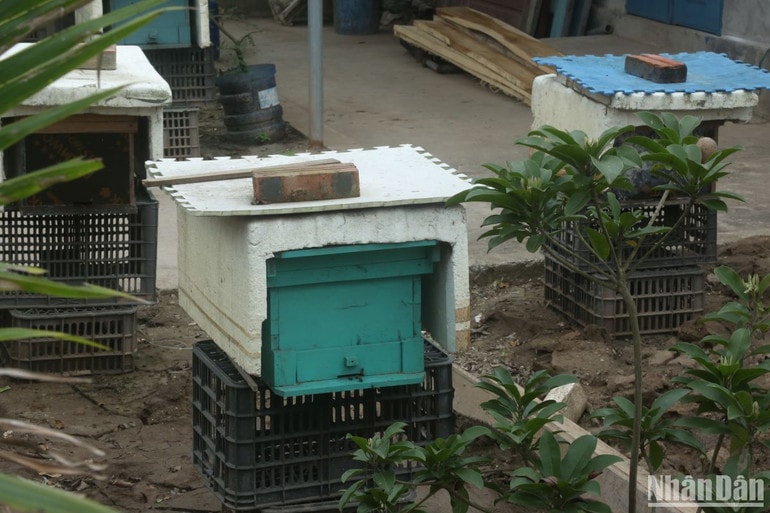
Since being recognized as an OCOP product, with labels, food safety certification, and clear origin, the value of the product has increased significantly. Mangrove honey is gradually affirming its position and reputation in the market, directly competing with many other famous honey lines. The cooperative has been and is continuing to promote the application of scientific and technical advances in production to create high productivity in beekeeping under the mangrove canopy. The Hai Phong Agricultural Extension Center also regularly opens training courses, sharing beekeeping experiences so that people can apply and implement many new methods, while creating conditions for people to access modern technology, contributing to improving the quality of honey every year.
“Thanks to mangrove forests, countless people have a livelihood, not only creating a rich source of fishery, helping to block waves, protect dykes and villages, but also providing flowers to produce honey. The economic value of forests is enormous, so people and local authorities are always conscious of protecting forests, as if protecting their own property,” Mr. Tung shared.
TH (synthesis)Source: https://baohaiphongplus.vn/chat-chiu-mat-ngot-giua-rung-ngap-man-415505.html




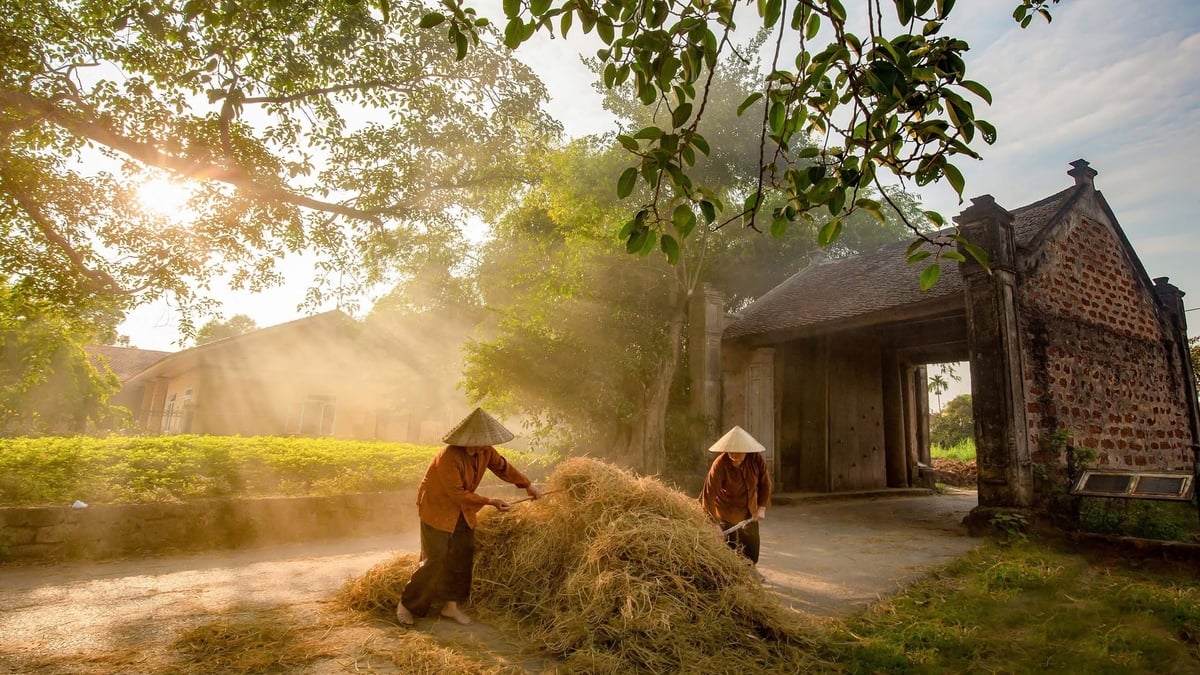
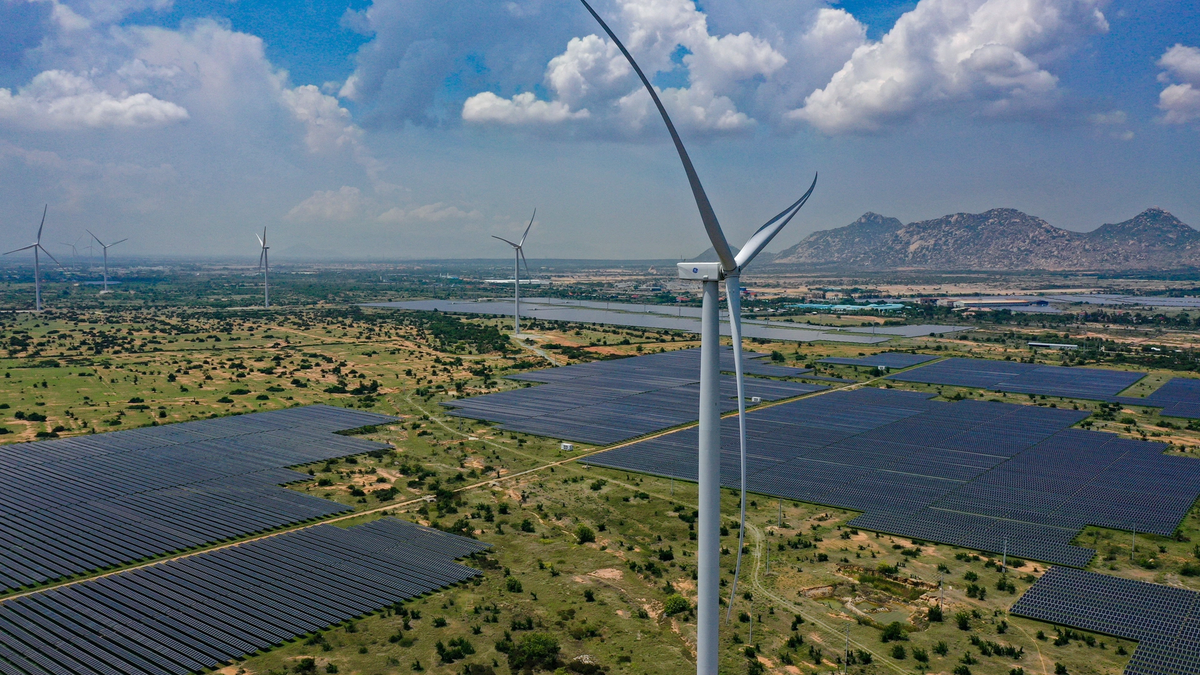
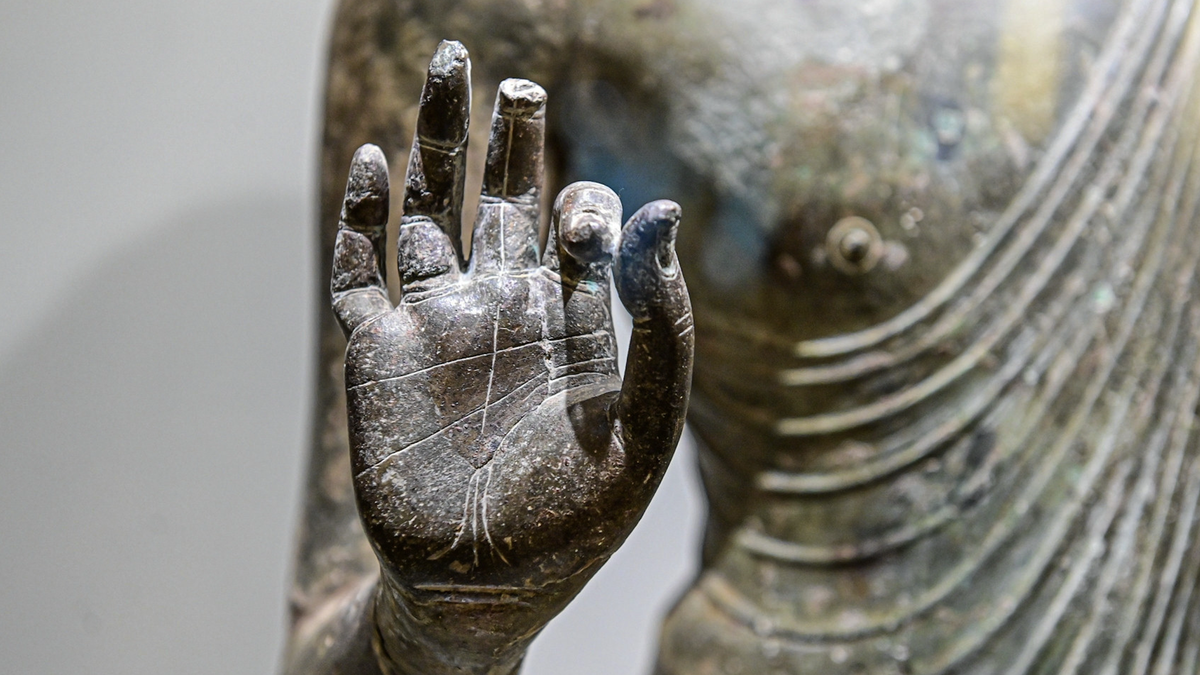
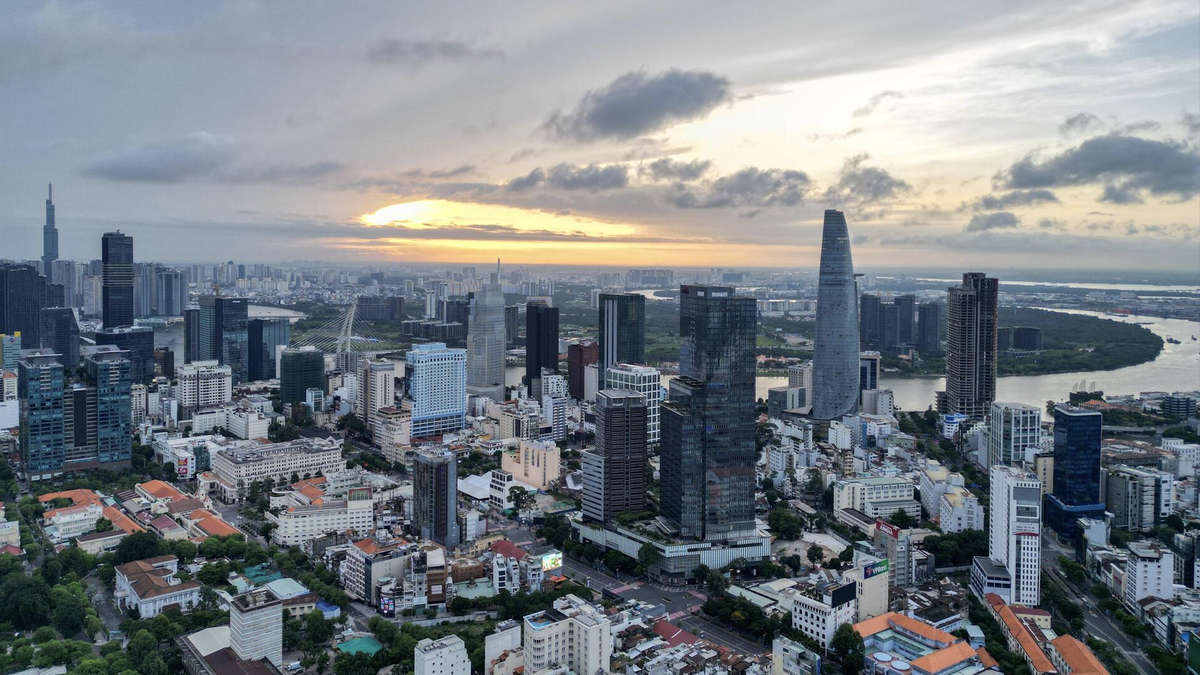



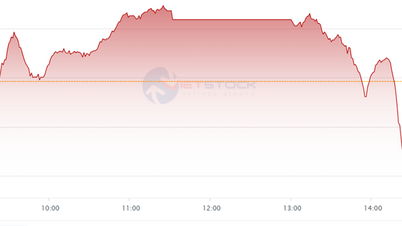

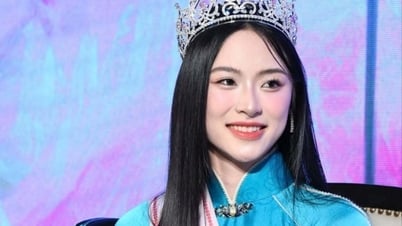
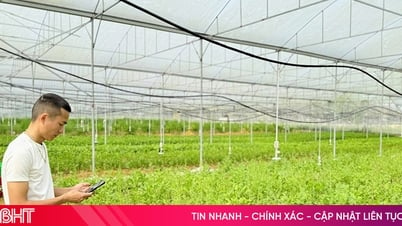

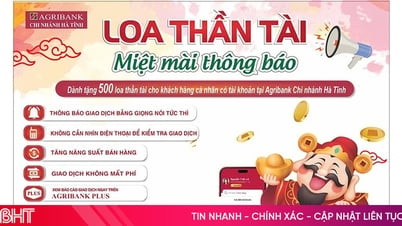




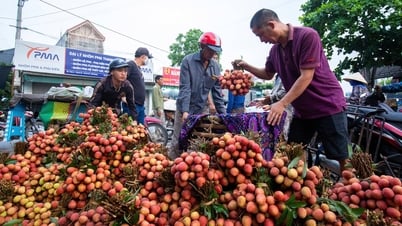



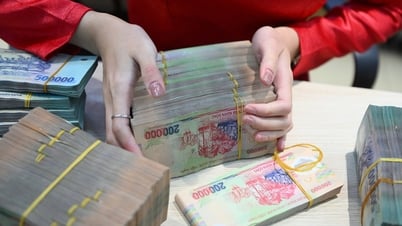
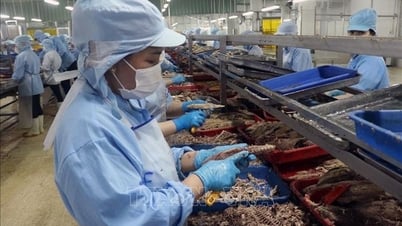
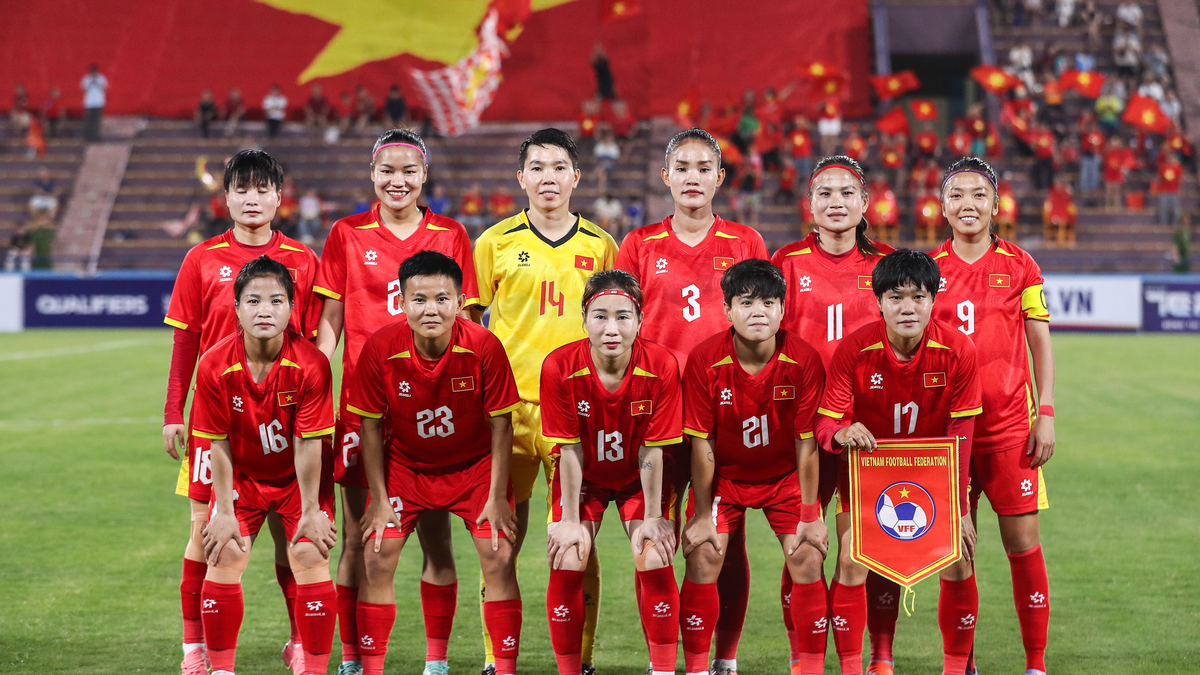

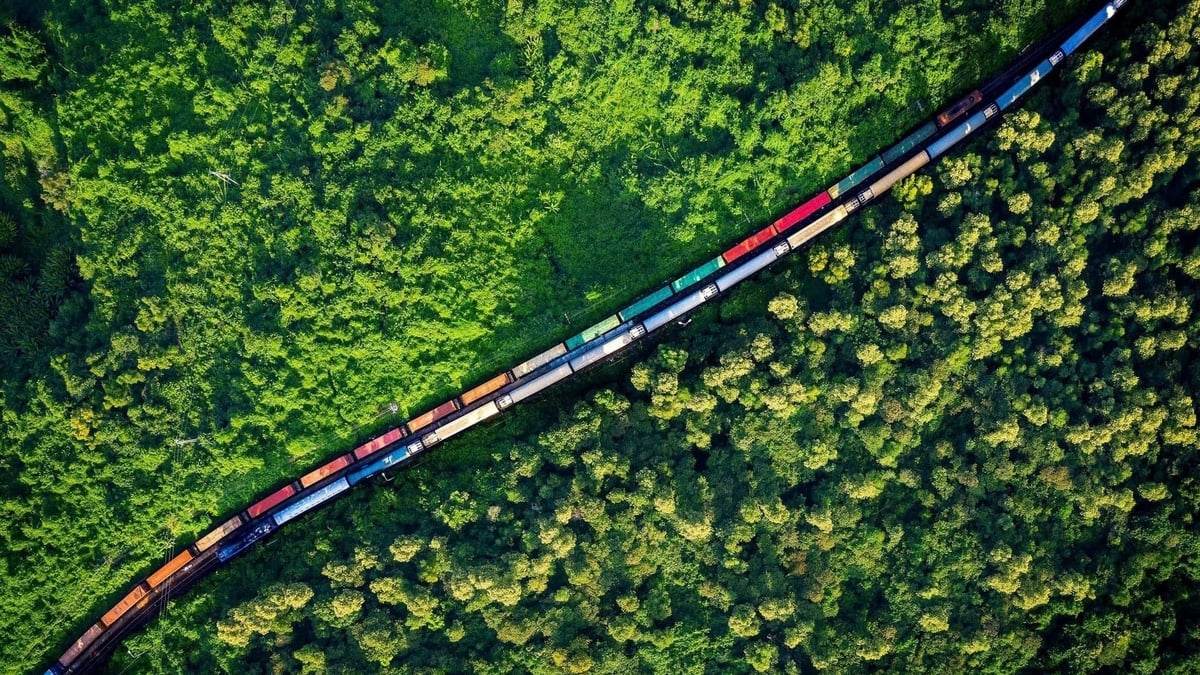


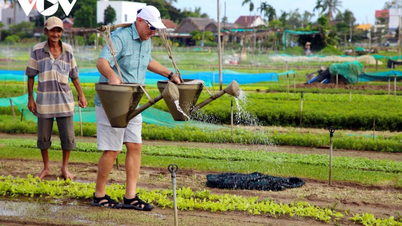

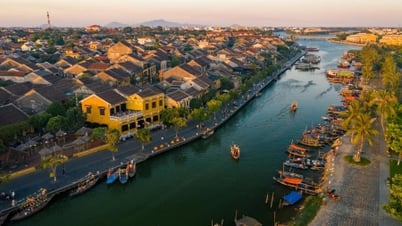

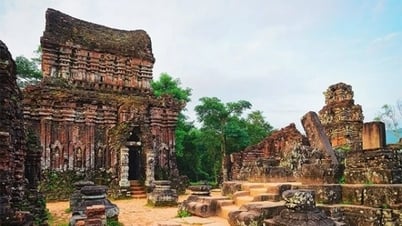

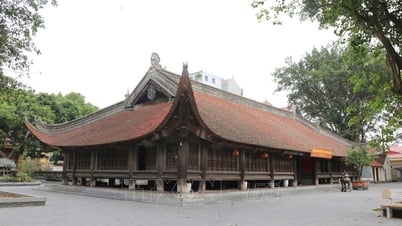

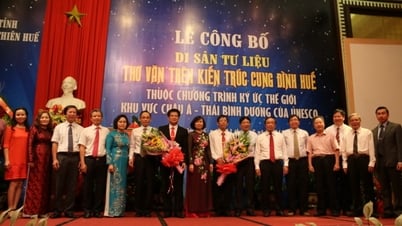

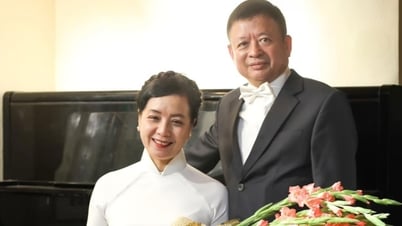


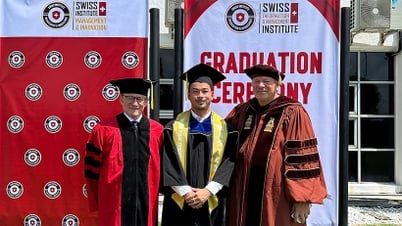






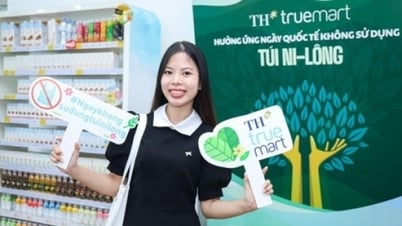
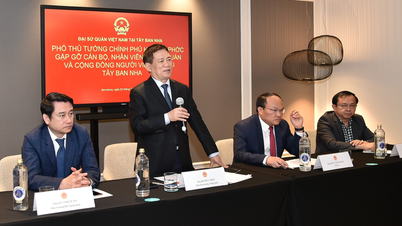



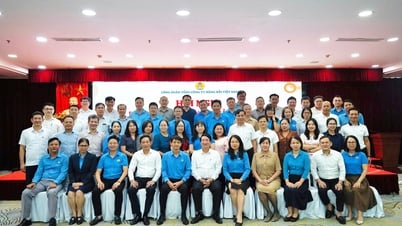
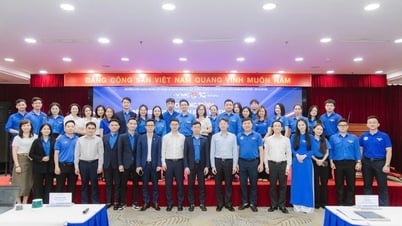


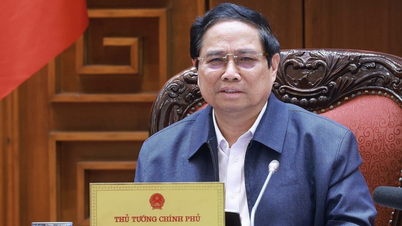


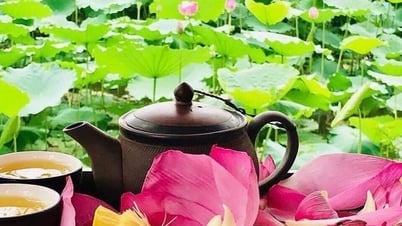

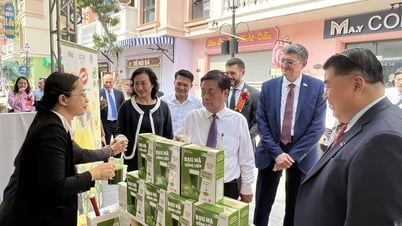

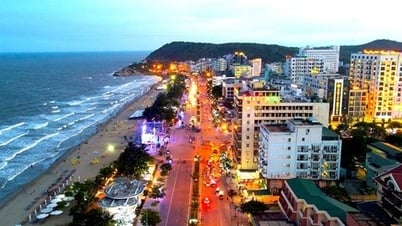

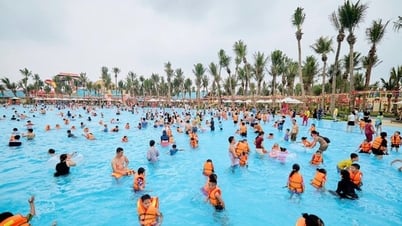
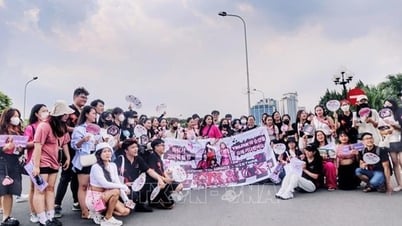




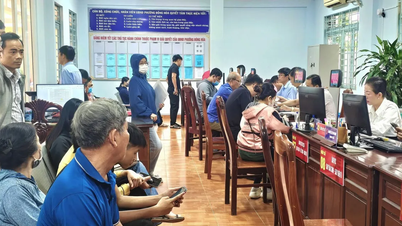

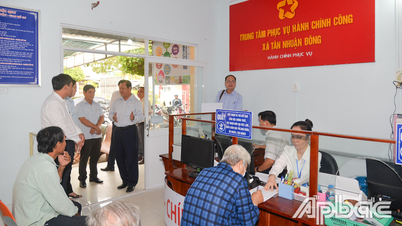

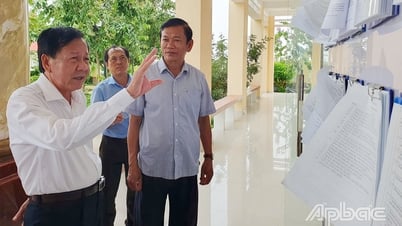
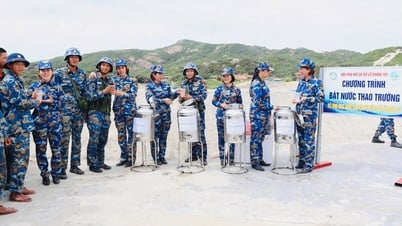


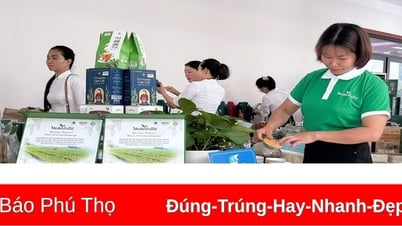

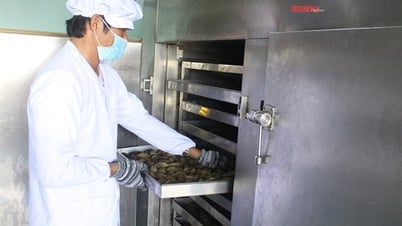

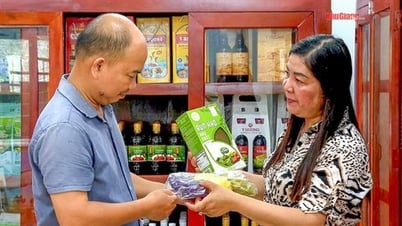
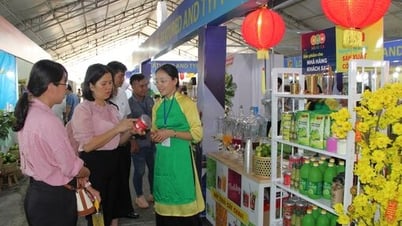

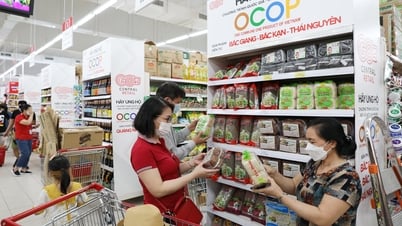





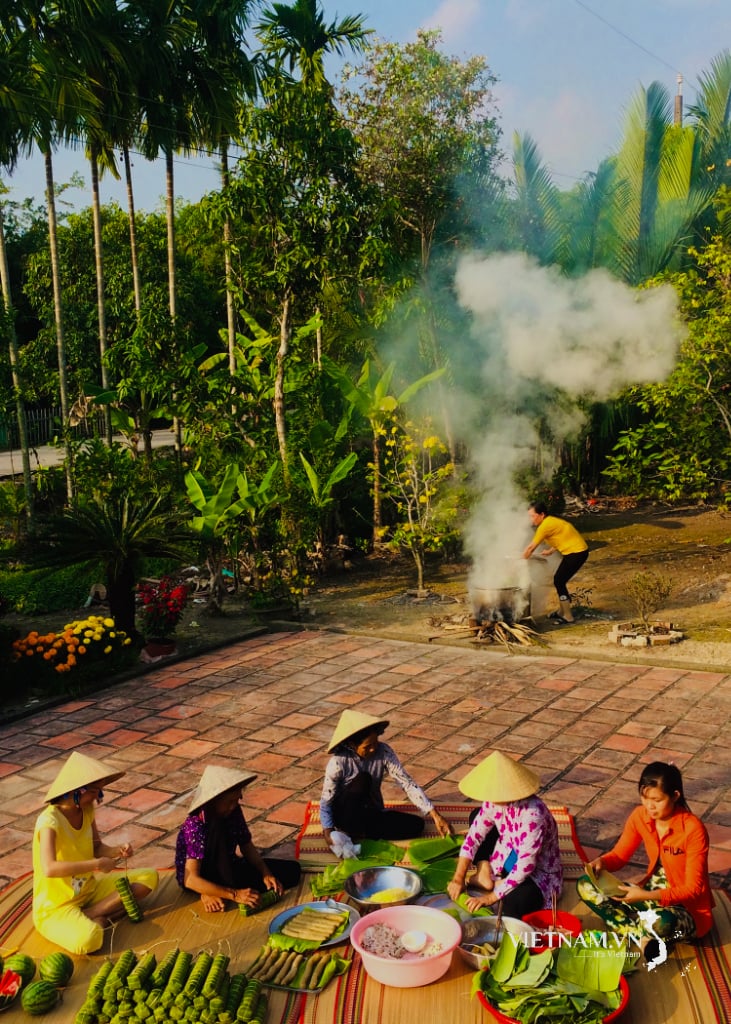


Comment (0)